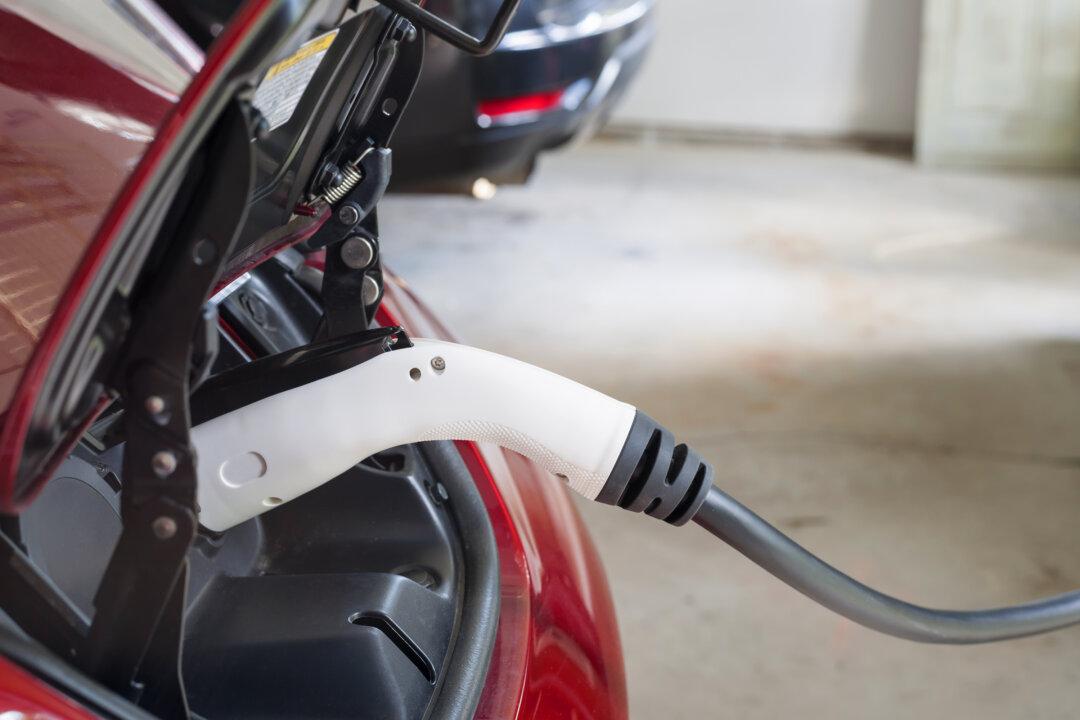By Angie Hicks
Ask Angi
Outfitting your garage for an electric car is easier than you think. Here’s how to convert a traditional garage into an electric-car-friendly garage.

Outfitting your garage for an electric car is easier than you think. Here’s how to convert a traditional garage into an electric-car-friendly garage.